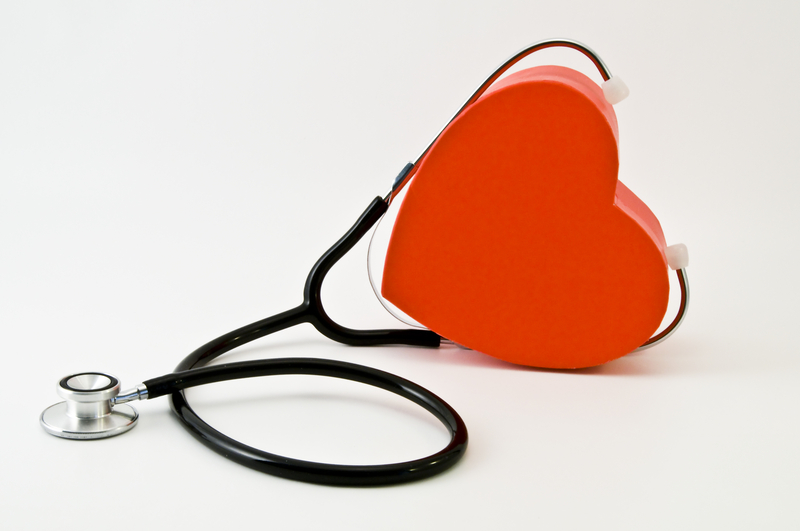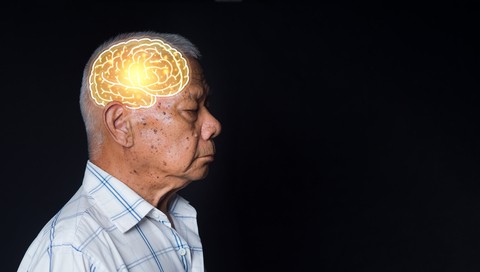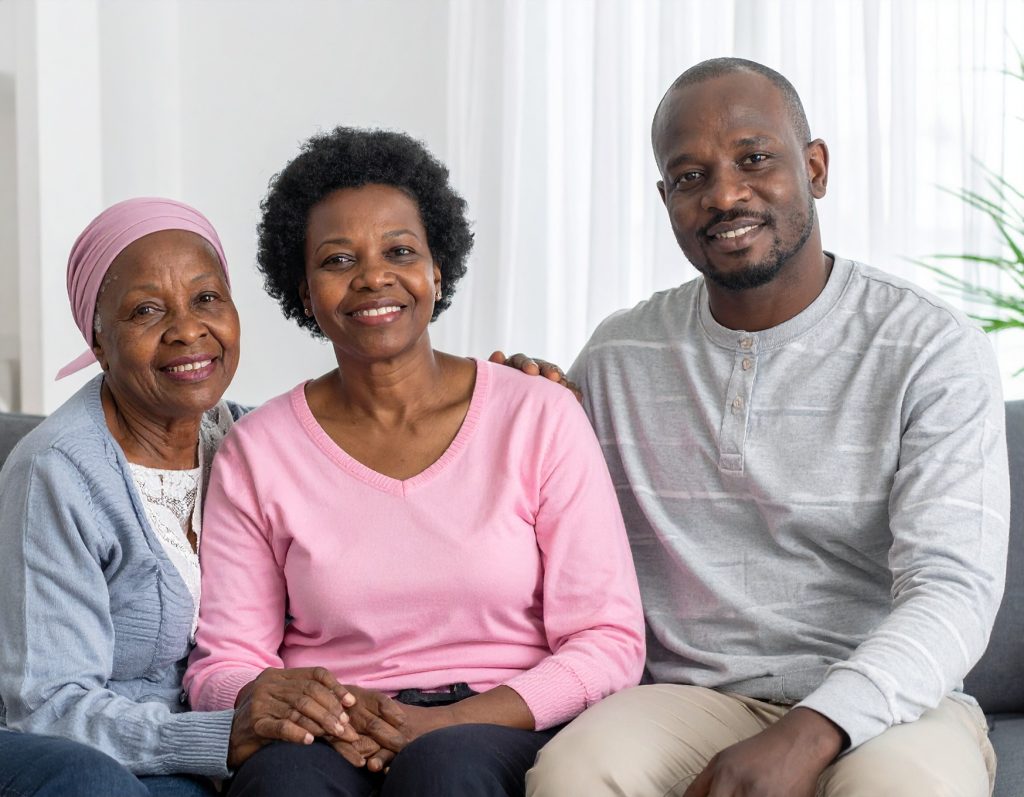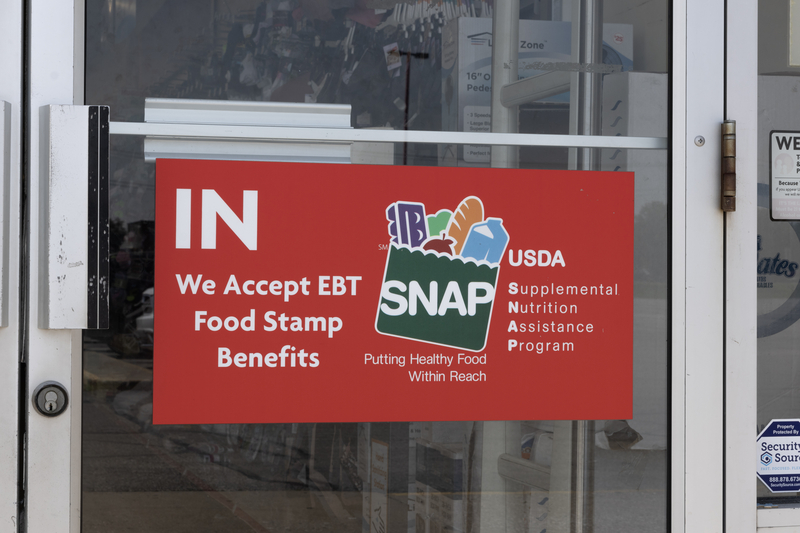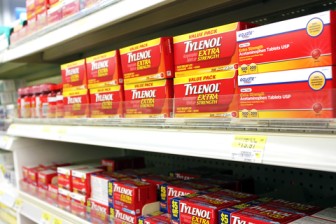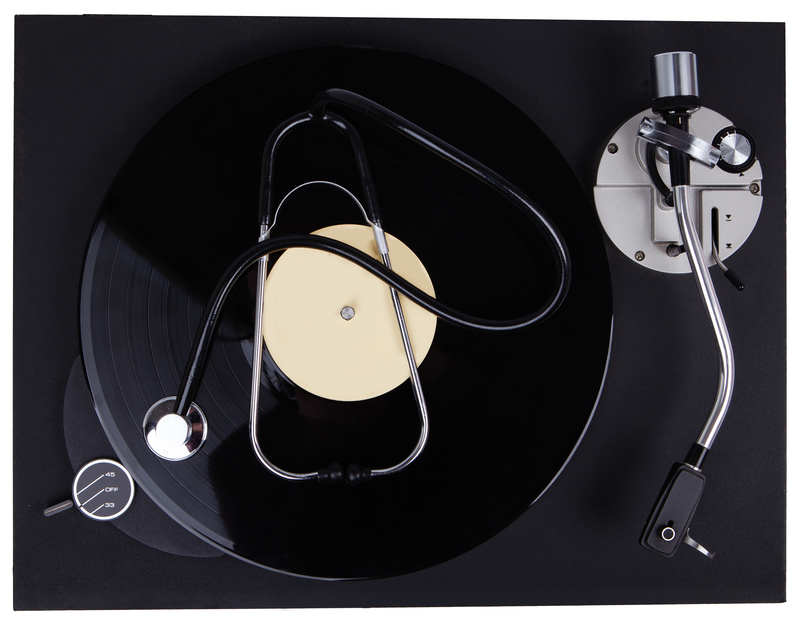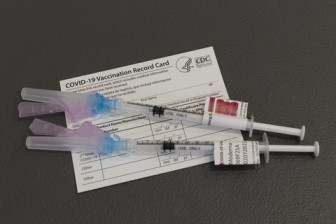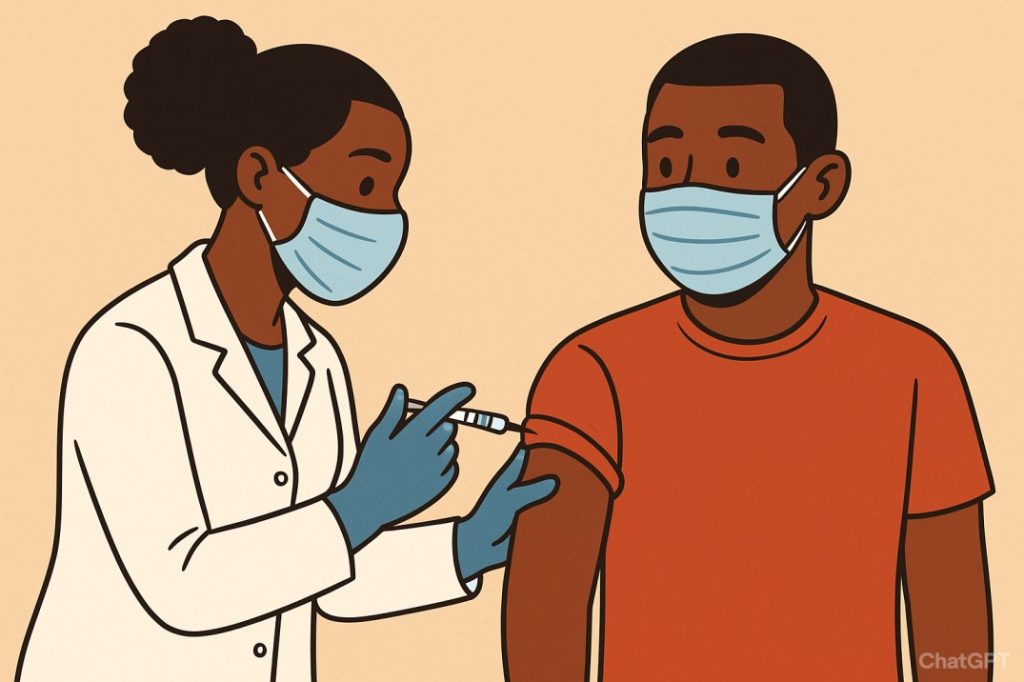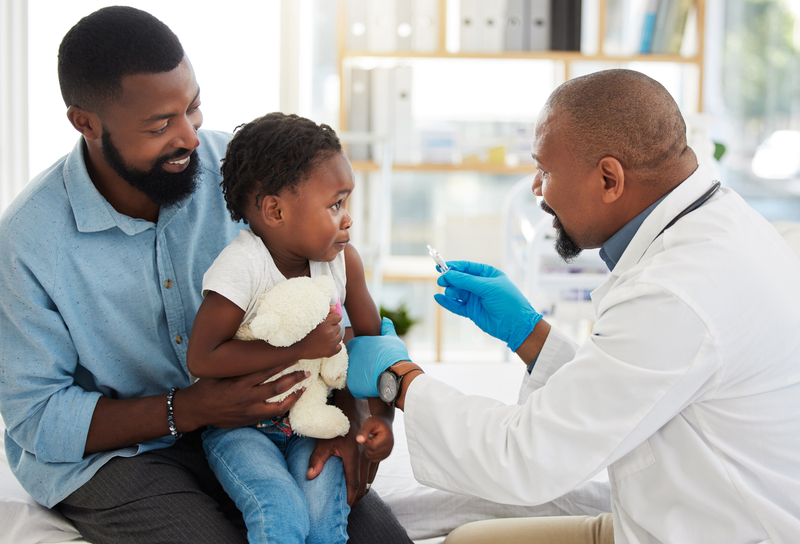American
Breast cancer knowledge & information seeking among African American women below screening age
Objectives:
African American women below screening age disproportionately face greater mortality from breast cancer relative to peers of other rac...
Moffitt study shows genomic testing can identify African American prostate cancer patients with high-risk disease
African American men tend to be diagnosed more frequently with prostate cancer and have higher mortality rates than men of other races and ethnicit...
Use of clinical pharmacy services by American Indians and Alaska Native adults with cardiovascular disease
Introduction:
The Indian Health Service (IHS) and Tribal health programs provide clinical pharmacy services to improve health outcom...
Social Determinants of Cancer Risk Among American Indian and Alaska Native Populations: An Evidence Review and Map.
Social Determinants of Cancer Risk Among American Indian and Alaska Native Populations: An Evidence Review and Map.
Source link
The association of serum vitamin D with incident diabetes in an African American population
Background:
Incident diabetes risk is inversely proportional to 25-hydroxyvitamin D [25(OH)D] levels among non-Hispanic white but is...
Filipino, Japanese Americans most likely amongst Asian American groups to experience obesity: study
Researchers from Northwestern University Feinberg School of Medicine and the Centers for Disease Control and Prevention analyzed the data of 70,000...
Trending Topics
Features
- Drive Toolkit
Download and distribute powerful vaccination QI resources for your community.
- Health Champions
Sign up now to support health equity and sustainable health outcomes in your community.
- Cancer Early Detection
MCED tests use a simple blood draw to screen for many kinds of cancer at once.
- PR
FYHN is a bridge connecting health information providers to BIPOC communities in a trusted environment.
- Medicare
Discover an honest look at our Medicare system.
- Alliance for Representative Clinical Trials
ARC was launched to create a network of community clinicians to diversify and bring clinical trials to communities of color and other communities that have been underrepresented.
- Reducing Patient Risk
The single most important purpose of our healthcare system is to reduce patient risk for an acute event.

